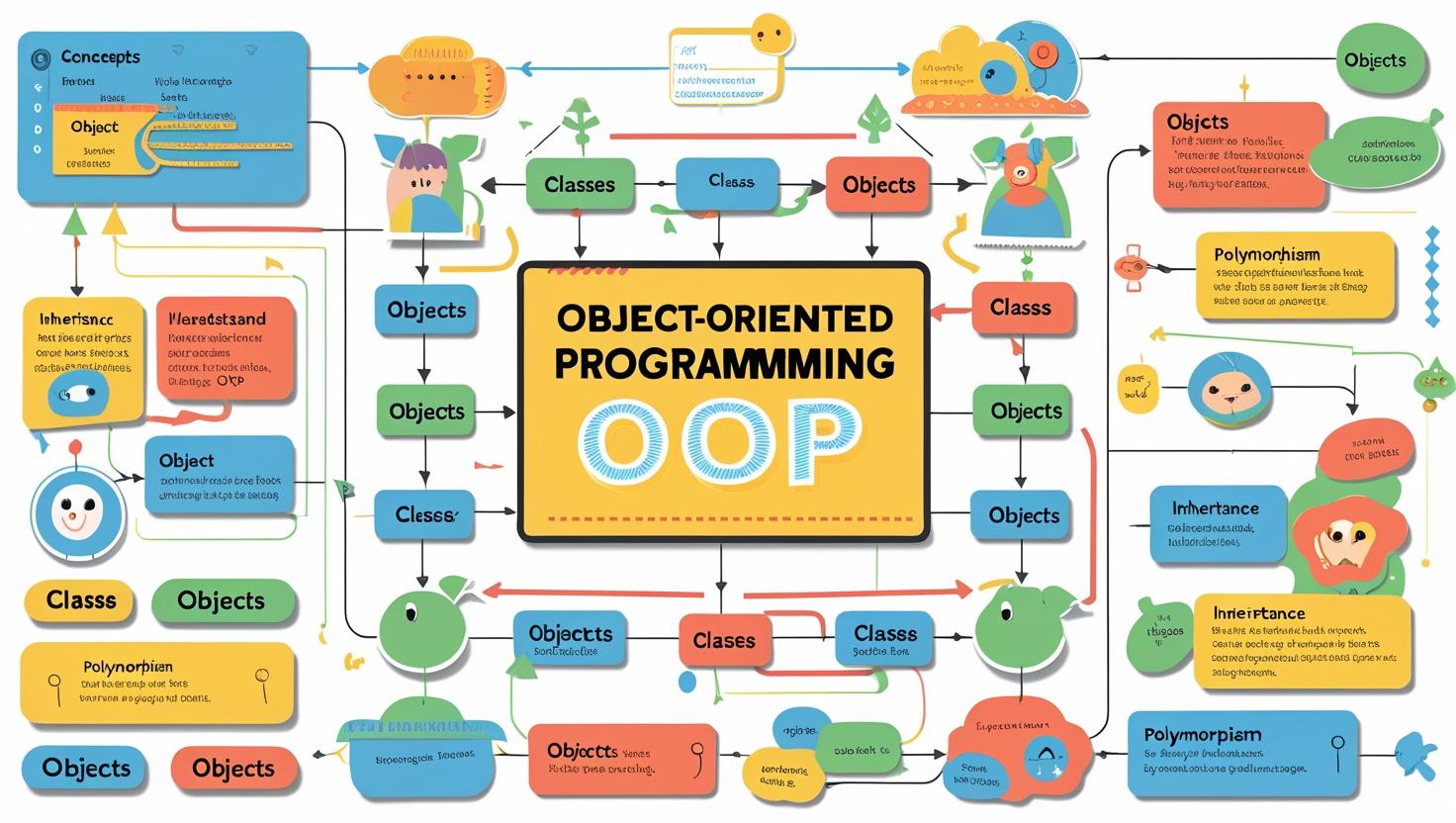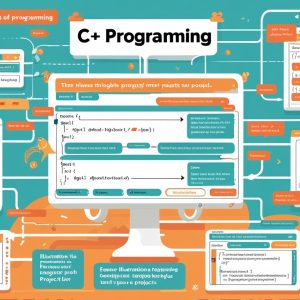Description
Object-Oriented Programming (OOP) is a cornerstone of modern software development. This course breaks down OOP concepts into simple, easy-to-understand lessons. You’ll learn how to design and use classes and objects, apply inheritance to reuse code, and use polymorphism for flexibility. Encapsulation and abstraction are explained with practical coding examples. The course compares how OOP works in different languages like Java, C++, and Python. Hands-on activities include building small applications that demonstrate real-world use cases. By the end, learners will grasp how OOP principles lead to cleaner, more maintainable, and scalable code, making them stronger programmers across multiple languages.








Rukaya –
“OOP Explained unlocked a whole new level of understanding for me. Professor Ramirez’s real-world examples made complex concepts click. The structured, module-based approach helped me build confidence step-by-step. Now, I’m refactoring legacy code with ease, and my team has definitely noticed!”
Reuben –
“OOP Explained” demystified the paradigm for me. Instructor Anya’s clear, real-world examples were a game changer. Now, my code is cleaner, more modular, and I landed a senior dev role within months. The consistent structure and challenging exercises truly solidified my understanding. Highly recommend!
Obioma –
“OOP Explained unlocked the “why” behind the code. The instructor’s patient, visual approach, coupled with well-paced modules, finally made complex concepts like inheritance click. I’m now writing cleaner, more maintainable code, boosting my confidence and contribution at work significantly.”